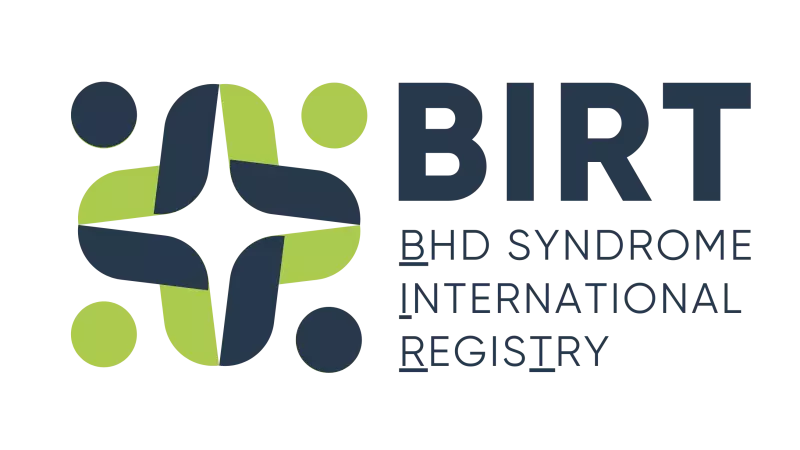Most people with BHD live normal lives. However, we know that being diagnosed with a rare condition can feel daunting.
In this section we provide advice on living with BHD including information on talking to family and key resources to help you with hospital appointments. Members of the BHD community have also shared their BHD stories so that you know you are not alone. It also includes information on how you can further your understanding of BHD by taking part in our BHD registry called BIRT!

Help & Advice
Our Help and Advice page has answers to common queries about living with BHD. This includes information on insurance, talking with family members, understanding your genetic mutation and more.

BHD Registry
Take part in BHD research by completing the BHD Syndrome International Registry (BIRT).

Resources
Here you will find key resources about BHD for both you and your doctor that can be read online or printed.

BHD Stories
As BHD is a rare condition it is possible that you, your family or even your doctor have never heard of it before you were diagnosed. We know that this can feel lonely. The BHD community have come together to share their BHD stories and let you know that
